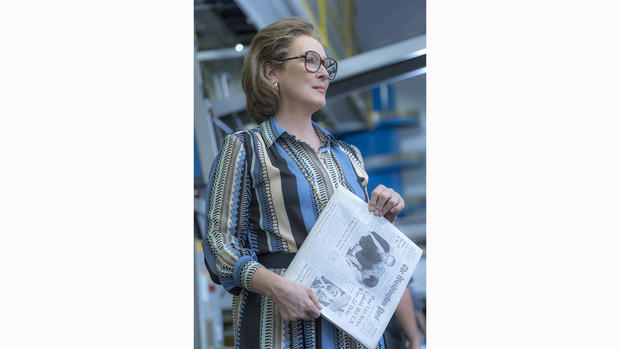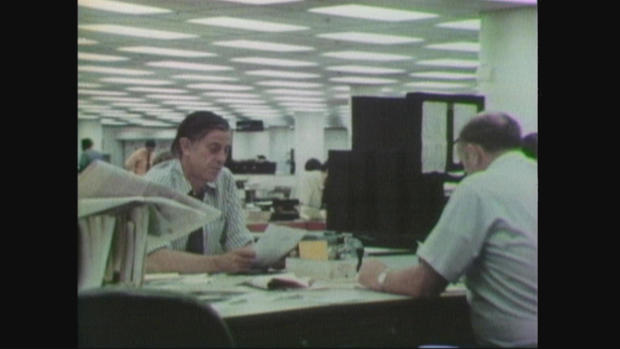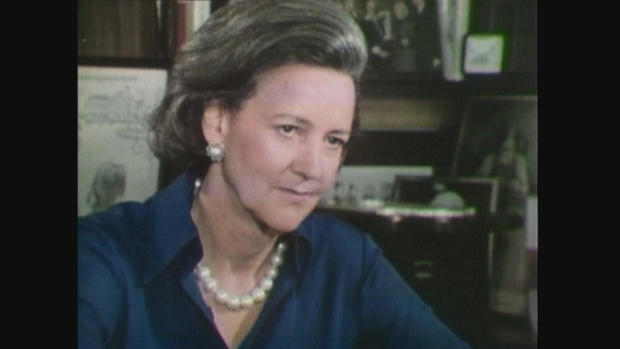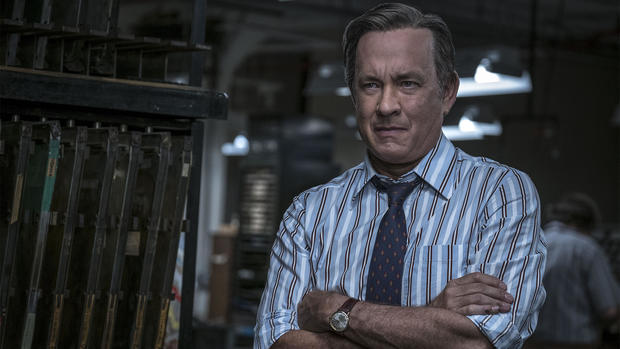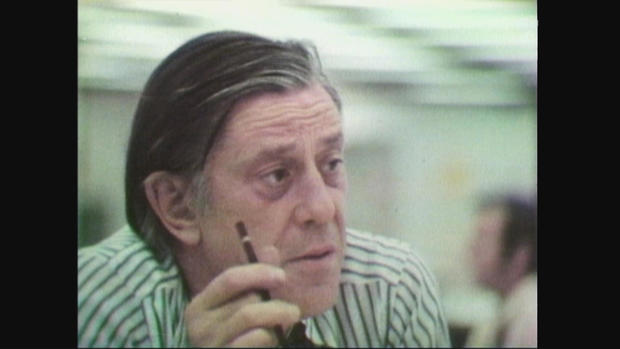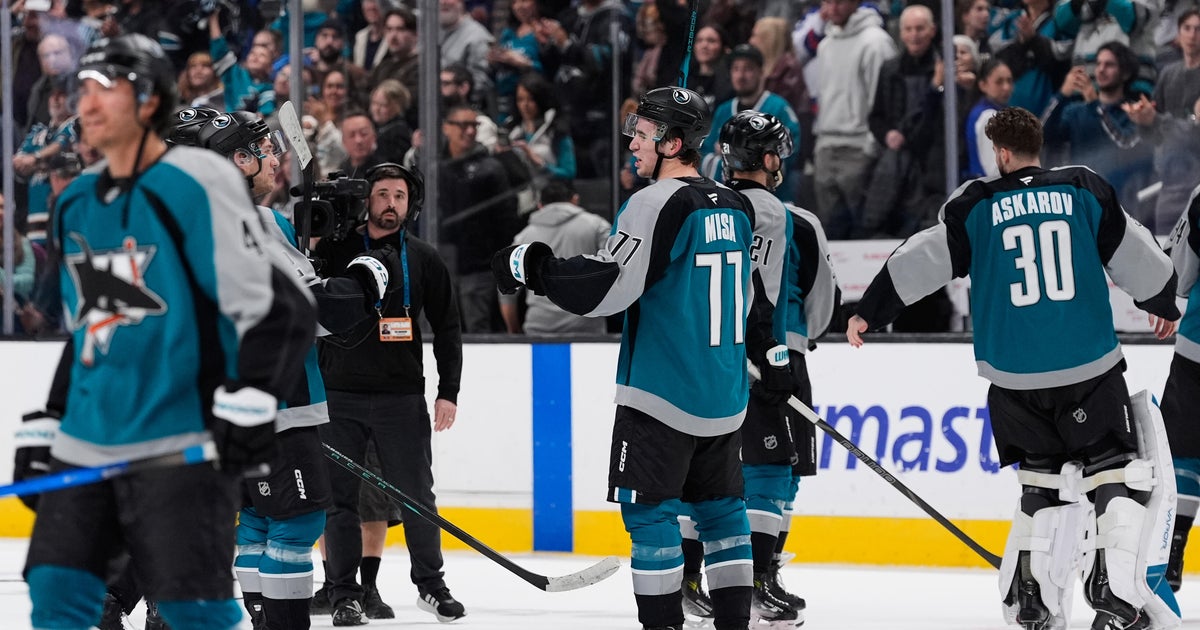The real journalists behind "The Post"
Steven Spielberg's latest film The Post hits movie theaters nationwide on Friday, but it's already collected six Golden Globe nominations and landed on the American Film Institute's Movies of the Year list.
In the early 1970s, The Washington Post was helmed by Katharine Graham, the first female publisher of a major American newspaper, and the hard-charging executive editor Ben Bradlee, played in the movie by Meryl Streep and Tom Hanks respectively. The movie, which is based on actual events, shows The Washington Post in 1971 scrambling to catch up to The New York Times to expose a massive government cover-up.
Catch up The Washington Post did -- and then some, as alluded to in the movie's final scenes. After successfully publishing the Pentagon Papers, the newspaper was the first to expose another government secret -- the Watergate scandal that eventually brought down the Nixon administration.
Four days before President Richard Nixon resigned in August 1974, 60 Minutes profiled The Washington Post, giving viewers insight into the paper's inner workings and the reporters behind the scenes.
"If there is one newspaper the White House is less than enchanted with, it is the 'expletive deleted Washington Post,' whose diligence and persistence almost single-handed flushed out the Watergate story," Mike Wallace said, referring to the way President Nixon described the Post in a secret Oval Office recording.
In the video excerpt above, Wallace's 1974 piece gives viewers a look at the actual Post newsroom, which is recreated convincingly in Spielberg's film, and the real personalities behind the newspaper. Wallace interviewed both Bradlee and Graham, who admitted she was anxious about her paper's coverage of Watergate.
"The stories we were running caused me grave concern," Graham told Wallace. "And if I hadn't, I'd have had to be -- have rocks in my head. If we hadn't been right, we'd have been dead, because all a newspaper has is its credibility. And our credibility was being attacked every day."
Bradlee also offered something of a confession to Wallace. In a moment strikingly similar to a Tom Hanks scene in The Post, Wallace asked the real editor whether he was "too close to Kennedy."
"I think I was, yes," Bradlee told Wallace, before going on to explain that he wasn't "political."
"I am not political," he said. "I don't care who's president. I really don't care who is president of the United States. I want to know all about him, and what he's doing, and how he's getting there. But who is president makes absolutely no difference to me."
Bradlee also told Wallace that the press would likely be blamed if "something dreadful" happened as a result of his newspaper's work on Watergate.
"And what can the press do about it, if anything?" Wallace asked.
"Hunker down," Bradlee replied. "Hunker down and go about our business, which is not to be loved but to go after the truth."
